Drink water, of course! But there are also other ways to stay hydrated
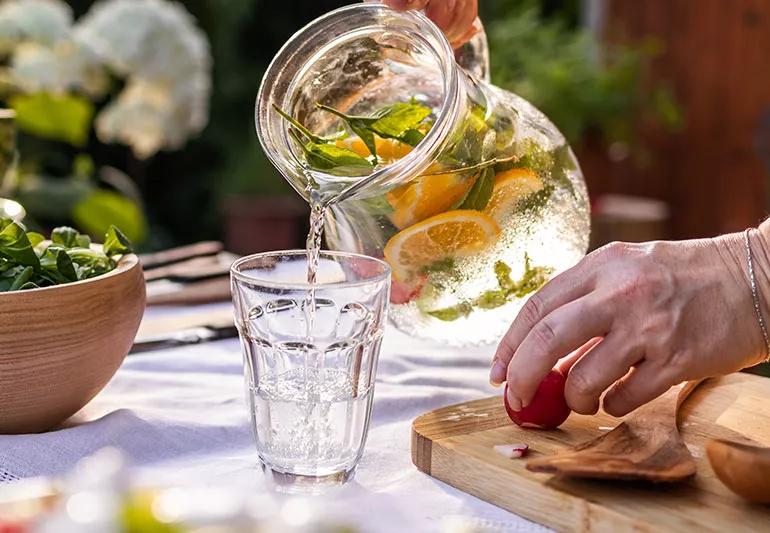
When you hear the word “dehydration,” it’s easy to picture a cartoon character crawling across hot desert sand with an empty canteen and no hope in sight.
Advertisement
Cleveland Clinic is a non-profit academic medical center. Advertising on our site helps support our mission. We do not endorse non-Cleveland Clinic products or services. Policy
You might not think about the confused older adult, the fussy toddler who’s not shedding tears even though they’re crying or those times when you were tired, headachy and very thirsty. This is what dehydration looks like in the real world.
But you can beat dehydration before it gets severe. Emergency medicine physician Baruch Fertel, MD, and pediatrician Paula Sabella, MD, break down the warning signs of dehydration and offer some tips for staying safe when temperatures rise.
Dehydration occurs when your body loses more fluids than it takes in. When you’re dehydrated, your body can’t function as intended. While you might associate dehydration with extreme temperatures, there are quite a few things that can contribute to it.
Dehydration can be caused by a variety of factors, including:
As dehydration can be caused by illness or being in extreme heat, any of us can be susceptible to it. But there are a few populations that are at a slightly higher risk:
Advertisement
Whether it’s the start of summer vacation or you’re gearing up for an upcoming trip, many of us are excited to get outside and have fun in the sun — even in higher temperatures. But to prevent dehydration and heat stroke, it’s important to stay hydrated.
Dr. Fertel shares a few dehydration symptoms to look out for:
“When someone is dehydrated, they’ll experience intense thirst,” he says. “They also might not urinate frequently. Those are signs that you’re not getting enough fluids and progressing to dehydration. As you’re out in the heat more, you may feel warm to the touch and stop sweating. What you’re experiencing can progress to heat stroke. And by this point, you might have an altered mental status or not act right.”
Here’s a rundown of the many signs dehydration can take in both older children and adults:
Once you recognize that someone is dehydrated, Dr. Fertel recommends getting them out of the heat and giving them plenty of fluids. Water is best, or a sports drink or electrolyte packet. But definitely stay away from drinking any alcohol.
If someone is confused, fainting, not urinating or in shock, get help immediately. The same also goes for heavy breathing or a rapid heartbeat.
Identifying dehydration with kids, especially babies and toddlers, requires a little more investigation. While small children can’t express that they’re thirsty with words, their behaviors can reveal how they’re feeling. Be on the lookout for these signs:
“With infants, the clues to dehydration may be subtle. However, if you notice any of the signs, contact your child’s healthcare provider right away,” says Dr. Sabella.
With kids of all ages, she adds that urination changes are also a major red flag. A child’s urine should normally be clear or a light yellow color.
“If a child’s urine appears golden, darker in color or seems concentrated, this suggests dehydration and is an indication to give the child more fluids,” she continues. “Additionally, a decrease in urination or wet diapers is a serious sign of dehydration in children. You should call your child’s doctor if an infant has less than six wet diapers per day or if a toddler or older child has no urine output within eight hours.”
Advertisement
According to Dr. Sabella, infants 0 to 6 months of age may be given additional breast milk or formula for hydration. But they shouldn’t be given plain water at this age.
Here are some ways to avoid dehydration:
This is an obvious one, yes. But as we all know, life can get busy and sometimes, before you know it, the day is half over and you realize you haven’t drunk enough water.
“The most important thing someone can do to prevent themselves from experiencing a heat-related illness is to stay hydrated,” reiterates Dr. Fertel. “It’s really important, especially when it’s extremely hot outside.”
On average, you should drink about 125 ounces a day if you’re male and 91 ounces if you’re female. If it’s helpful, try setting reminders or always having a reusable water bottle with you to help you stay hydrated during the day.
It’s best to be proactive about staying hydrated if you work outside or if you’re doing an outdoor workout. But you don’t want to just guzzle water once you start your workout or job. Instead, drink water before you start getting active and before you even feel thirsty.
Once you’re in the heat, drink one cup of water (8 fluid ounces) every 15 to 20 minutes. Avoid drinking more than 48 ounces of water or sports drinks in an hour because doing so might cause the amount of salt in your blood to drop too low. And hydrate afterward to replace what you might have lost from sweating.
Advertisement
There are other ways to make sure you’re staying hydrated as well. And luckily, a lot of these snacks are perfect picnic and beach-day foods.
Go for foods with high water content, like:
A couple things that aren’t good for dehydration — sugar, caffeine and alcohol. Be mindful of how much you’re consuming, especially on hot days. Stay away from energy drinks and caffeinated drinks as well.
“When we talk about hydration, it’s really important to drink water or other nonalcoholic liquids, as alcohol can actually exacerbate dehydration. It can be a diuretic and cause you to urinate more,” warns Dr. Fertel.
Some medications, such as diuretics, can increase urine production and contribute to dehydration. Your doctor may have you on these medications to help with things like high blood pressure, diabetes or cardiomyopathy. If you’re taking such medications, consult your healthcare provider for guidance on how to maintain the right level of hydration.
Dehydration is no joke. Water intake can be something we overlook, especially when we’re outside having fun. But it’s critical to stay hydrated. It’s also important to know the signs of dehydration so you can recognize them in yourself and others.
Advertisement
Learn more about our editorial process.
Advertisement
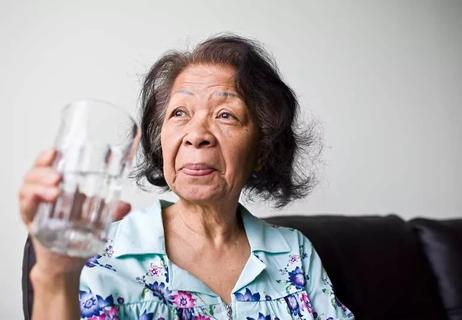
Body changes put older adults at increased risk of dehydration

Not drinking enough fluids can send your blood pressure on a rollercoaster ride
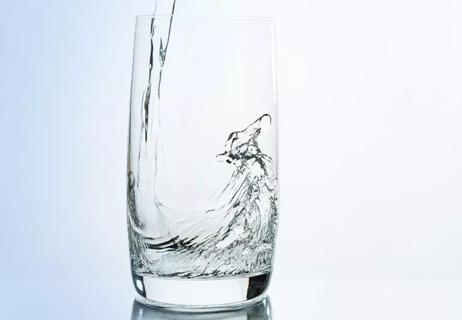
Dehydration, medication and salty foods are often culprits
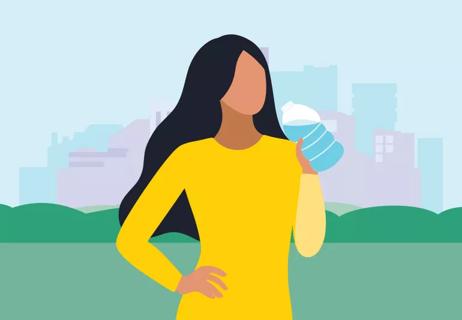
You may need more water than you might think
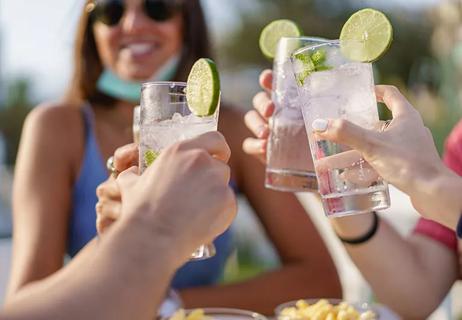
How to avoid dehydration while having fun in the sun
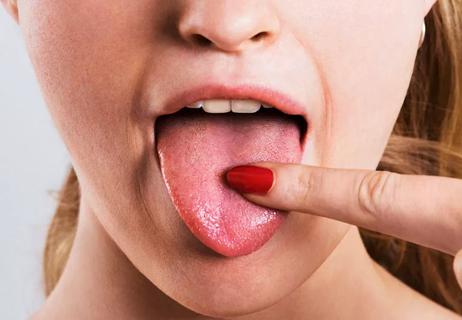
8 reasons salty mouth happens and how to treat it
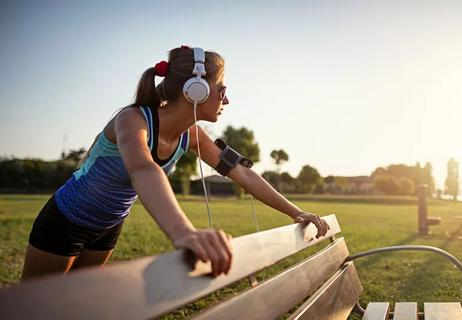
These adjustments can help you maximize your workouts when the temperature rises

Treat your taste buds and replenish your water

Type 2 diabetes isn’t inevitable with these dietary changes

Applying a hot or cold compress can help with pain